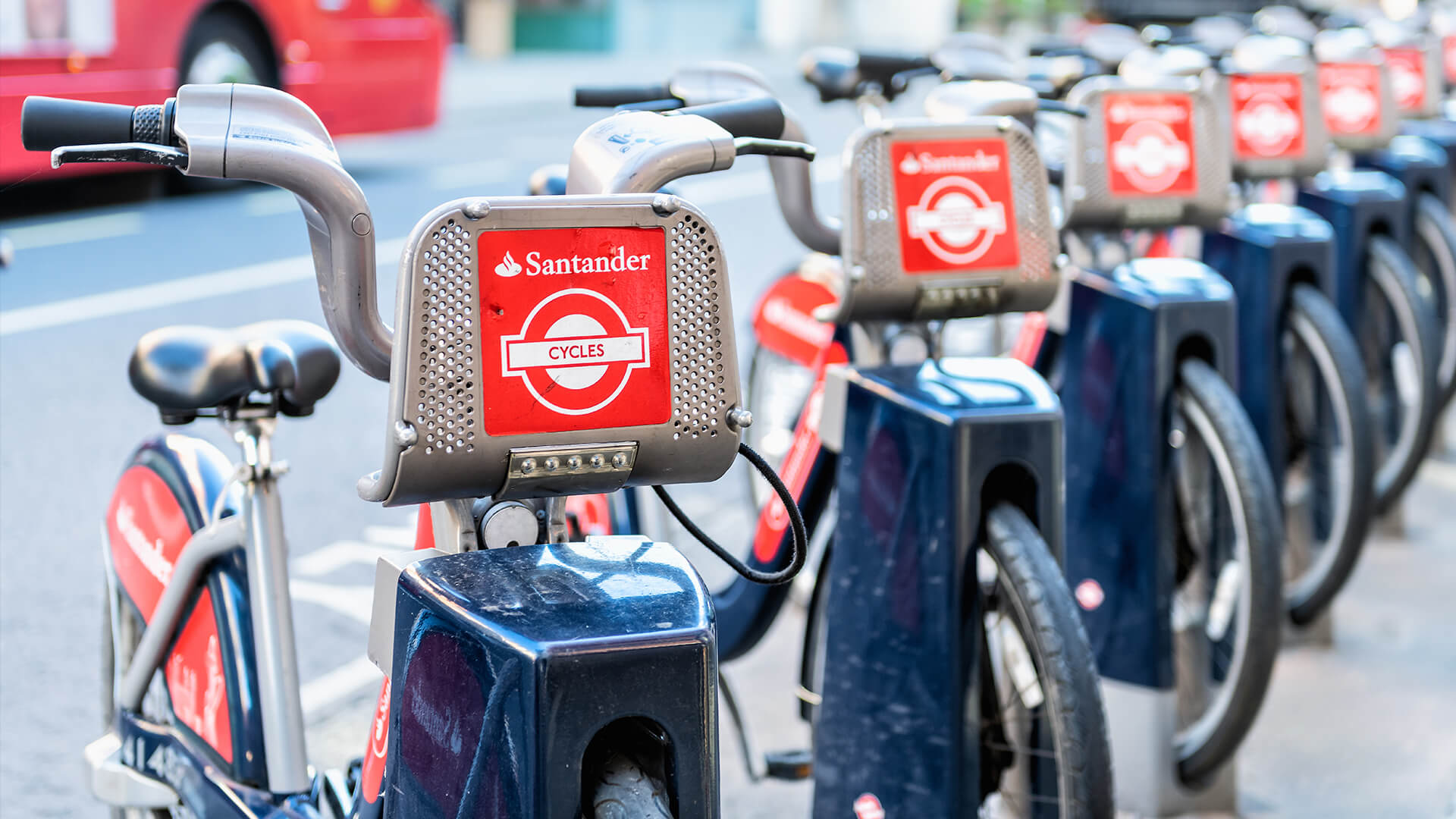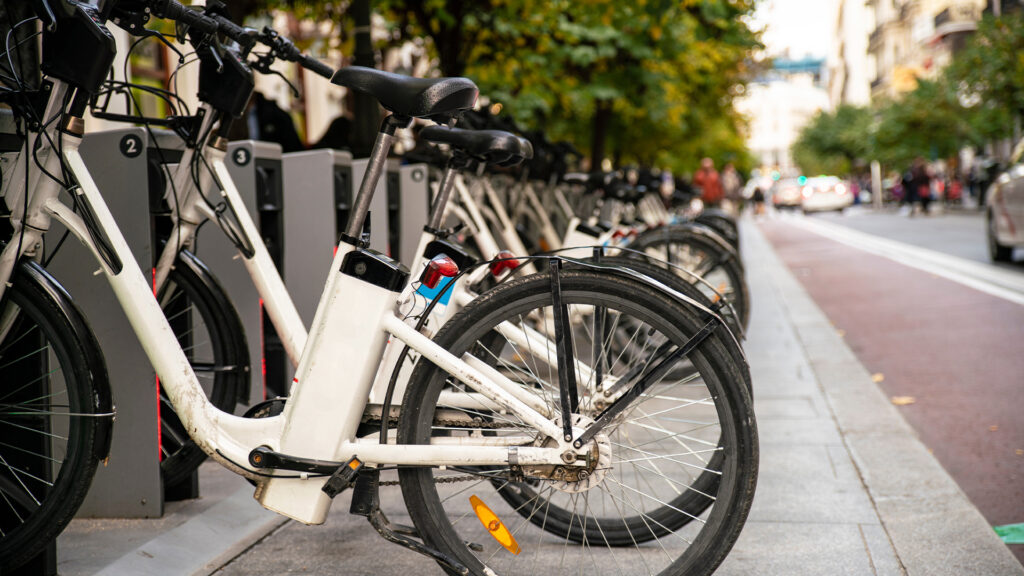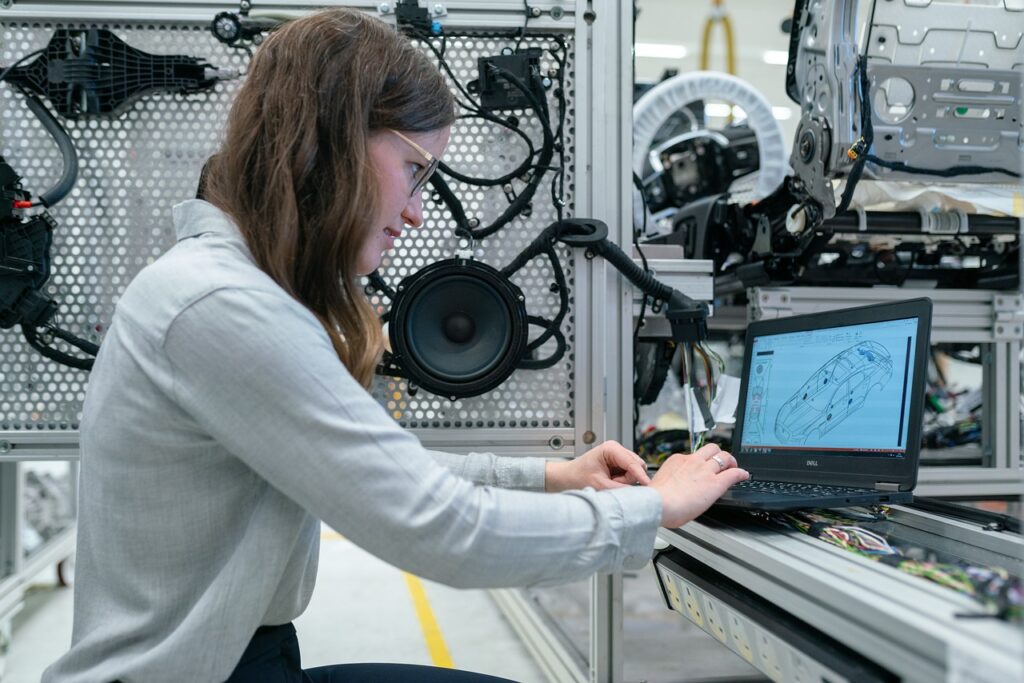The UK has an ambitious plan to reduce the nation’s carbon emissions by 2050. The British government announced its ‘Net Zero’ initiative, with the proviso that any carbon emissions that are produced will either be alternatively removed or offset.
Taking advice from the Committee on Climate Change, the UK was compounded to introduce these measures after it became apparent that it was releasing approximately 500 million tonnes of CO2 into the atmosphere annually. Issued by the United Nations, the report, which encouraged the net zero announcement, advised that a lack of action could have serious impacts on, and a major disruption to the climate.
Claire Perry, the UK’s climate minister told BBC News: “The report was a really stark and sober piece of work — a good piece of work. Now we know what the goal is, and we know what some of the levers are. But for me, the constant question is: What is the cost and who’s going to bear that, both in the UK and in the global economy. The question is: what does government need to do, where can the private sector come in, and what technologies will come through?”
In this article, UK SEAT dealer, Vindis, take a look at the different ways the nation can drive down carbon emissions, in line with the government’s plan.
Increase the fuel efficiency of vehicles
The government has already announced that the sale of all new diesel and petrol cars will cease as of 2040.
Despite the fact this ban is more than two decades away, it has already had stark affects on the mindsets of motorists throughout the nation, with many choosing to switch to more fuel-efficient alternatives, like LPG powered vehicles..
During a review of all new vehicle registrations Next Green Car noted the exponential increase in the number of plug ins on the road — rising from 3,500 in 2013 to more than 195,000 as of January 2019. Figures by the Society of Motor Manufacturers and Traders shows that there has been an increase from only 500 electric vehicles being registered each month in the early part of 2014 to an average of 5,000 per month throughout 2018.
The infrastructure in the UK has massively improved thanks to a combination of investment from the government and private companies alike. It has allowed for more electric and hybrid vehicles to be on the roads. While the UK’s network of electric vehicle charging points was recorded in at just a few hundred units as of 2011, there were more than 5,800 charging locations, 9,800 charging devices, and 16,700 connectors installed by June 2018.
Although we are still a long way from having a fully dominant fleet of electrical vehicles— the latest vehicle data from the SMMT stated that the car registrations market share for January 2019 was 64.08 per cent petrol, 29.08 per cent diesel and 6.84 per cent alternative-fuel vehicles, for example —it appears that things are at least moving in the right direction.
Insulating
Published in February 2017 an article by the BBC stated the UK was needed lower carbon output by 80 per cent between then and 2050. What’s more, a third of those carbon emissions had been recorded from heating draughty buildings across the nation.
A collective of major construction firms, the Green Building Council, sent a report to the UK’s Parliament. It detailed that 25 million homes don’t meet the insulation standards being enforced in the mid-century. All 25 million will need renovating in order to meet the standards desired by the government. This is especially worrying as in government documents it states that at a similar time to the report being released, there were only slightly more than 27 million households in the UK. This means roughly 92% of houses at the time needed such insulation implemented. The rate of refurbishment stood at a rate of 1.4 homes needing to be worked on every minute as of the beginning of 2017.
Alongside reducing carbon emissions, there are other huge benefits to improved insulation nationwide. The head of Green Building Council, Julie Hirigoyen, explains: “People will have warmer homes and lower bills; they will live longer, happier lives; we will be able to address climate change and carbon emissions. We will also be creating many thousands of jobs and exporting our best skills in innovation.”
Increase the use of low carbon fuels
If the nation is to reduce its carbon footprint, both businesses and the general public will both need to start using low carbon fuels.
For the first time in history, the renewable energy in the UK has surpassed the capacity of fossil fuels. With the amount of renewable capacity trebling in the same five-year period that fossil fuels decreased by one-third, the capacity of biomass, hydropower, solar and wind power hit 41.9 gigawatts. The capacity of gas, coal and oil-fired power plants recorded in at 41.2 gigawatts between July and September.
“Britain’s power system is slowly but surely walking away from fossil fuels, and [the quarter between July and September] saw a major milestone on the journey,” suggest Iain Stafell, the doctor responsible for conducting the research.
The UK, in 2018, spent a three-day period without using energy supplied through coal — a first for the nation. The official time stood at 76 consecutive hours. This was before a report from Imperial College London suggested that coal supplied only 1.3 per cent of Britain’s entire use of electricity during the second quarter of 2018. Furnaces based at coal-fired power stations throughout the country were completely unused for 12 days in June last year too.
Despite the fact net zero isn’t due to occur for another 30 years, we are certainly heading in the right direction.


























